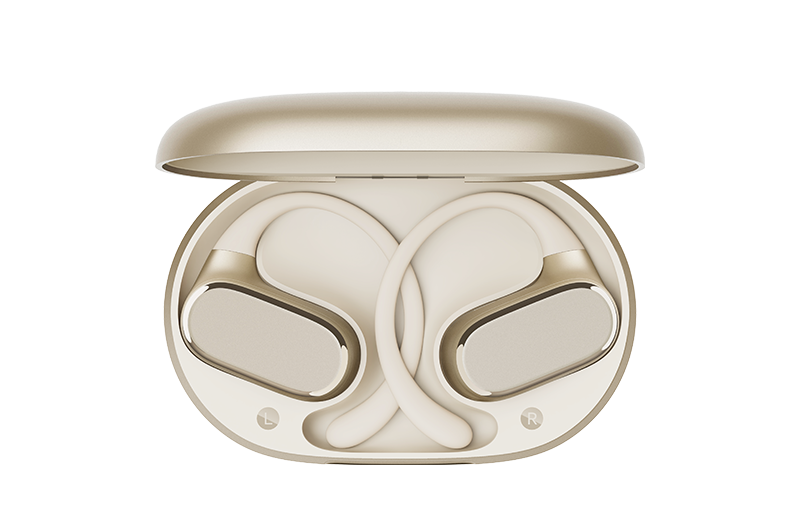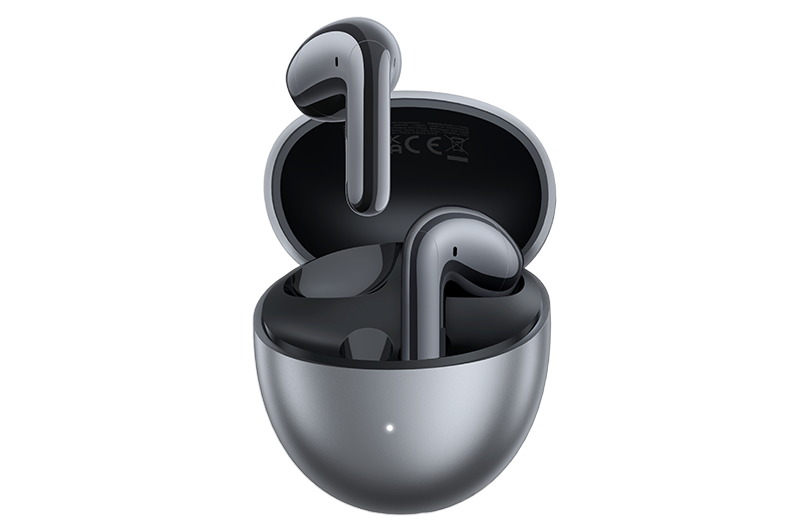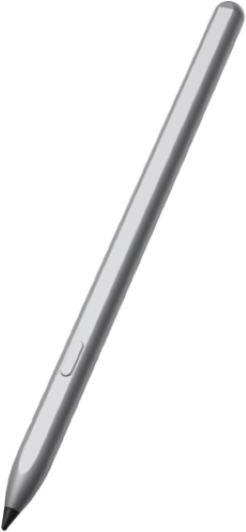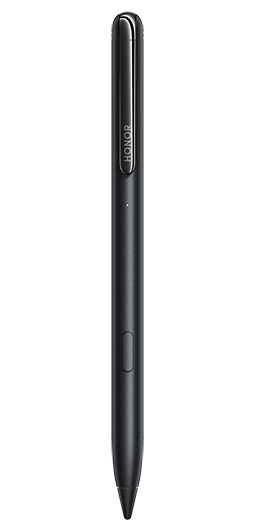TOP

我的荣耀 开启荣耀之旅
To log in to your account, you must first agree to the HONOR PLATFORM TERMS OF USE and HONOR Platform Privacy Statement . If you do not agree, you may only browse the site as a guest.
*You can unsubscribe at any time, Please see our Privacy Statement for details.
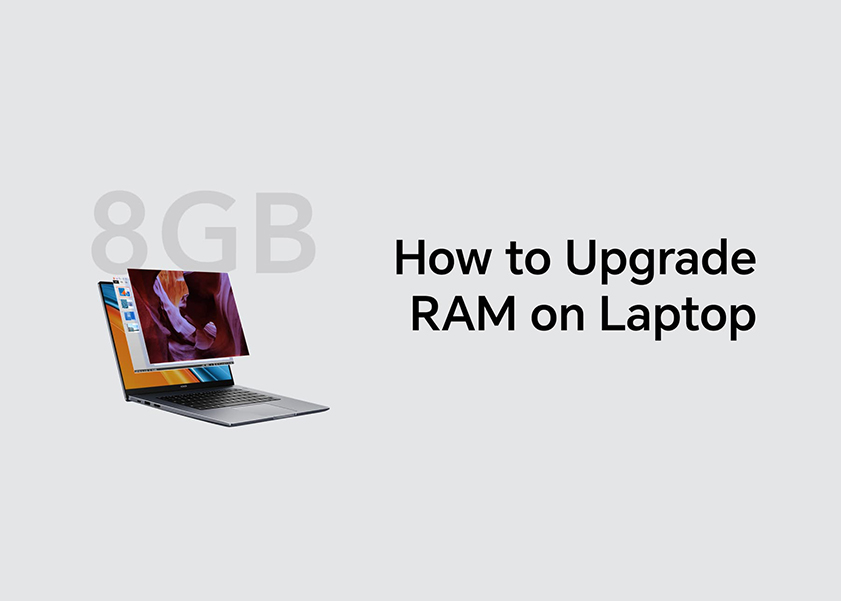
Maximizing Performance: How to Upgrade RAM on Laptop
When it comes to boosting your laptop's performance, one thing that often comes to mind is ‘how to upgrade RAM on laptop’. The improvement in speed and multitasking capacity that a RAM upgrade can bring about is enormous. This article will tackle what RAM is and its significance in a laptop. Also, we will provide detailed steps on how to execute an upgrade and give insights into some common issues you might encounter during the process and safety precautions to observe. So what are you waiting for? Let's get started!
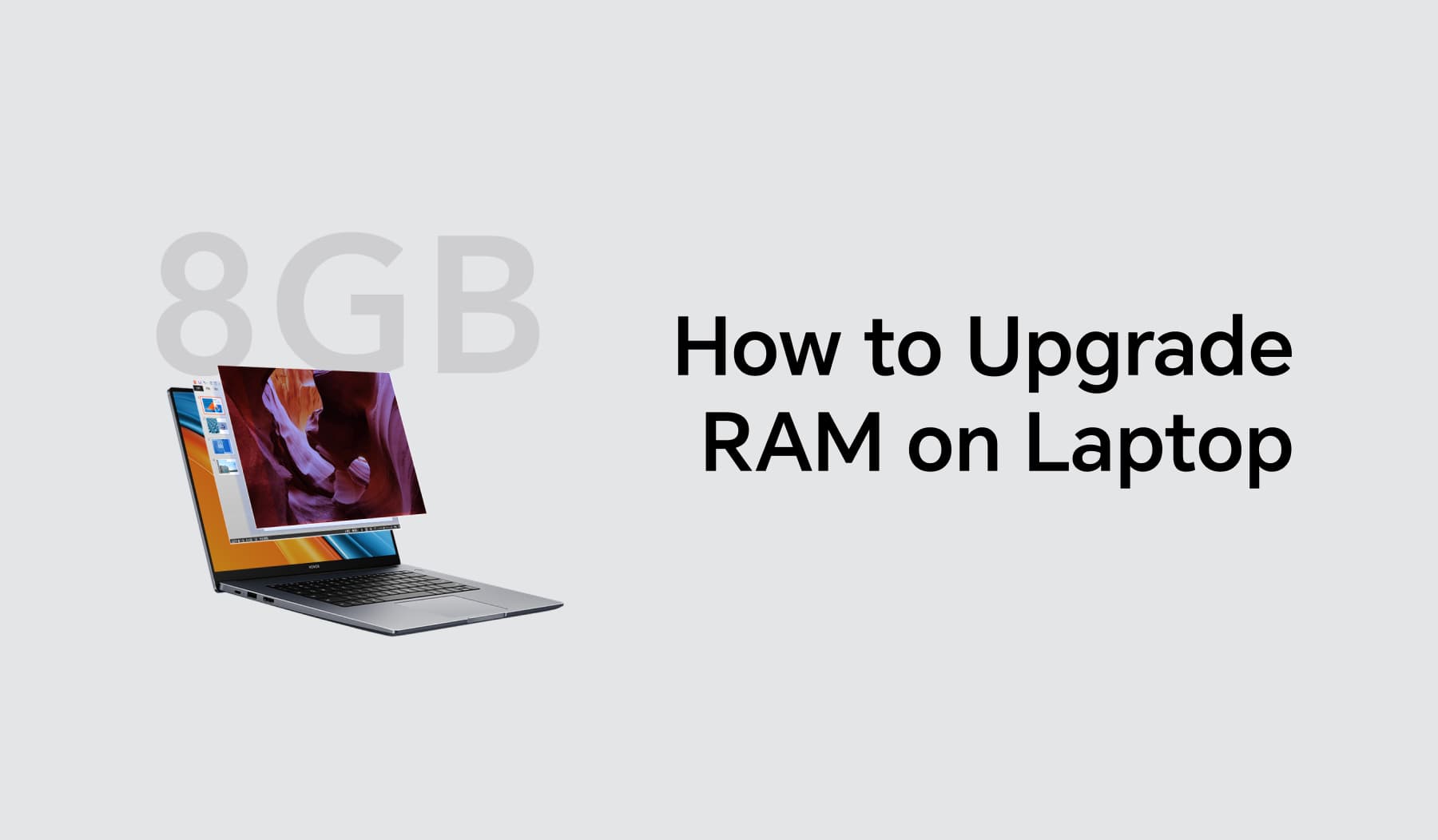
What Is RAM in a Laptop?
Random Access Memory, commonly known as RAM, can be regarded as the short-term memory for your laptop. Just like a human brain, it stores and retrieves data that needs to be accessed immediately or data currently in use. The more RAM your laptop has, the greater the volume of data it can store for quick access, which significantly speeds up your laptop's processing time. Increasing RAM capacity can enhance computer performance by allowing for greater multitasking, improved browsing, and smoother video editing and gaming. It ultimately enhances the performance of your laptop, especially gaming laptops, where larger RAM sizes deliver significantly better performances.
Steps to Upgrade the Laptop RAM
Here is a step-by-step guide on how to add RAM in laptop:
Identifying Compatibility
Before you start the upgrade process and how to install RAM in laptop, you first need to determine whether you can upgrade your laptop's RAM and what type of RAM to use. This largely depends on the form factor of your laptop. You can check this in Windows by going to Task Manager > Performance > Memory and figure out if it uses/utilizes RAM sticks under "Form factor". Look for "SODIMM". You'll also be able to see your RAM's speed and how many slots are being used. Tools like the Crucial System Advisor can help you identify which RAM is compatible with your laptop. You will also want the highest speed your system supports, typically either DDR4 or DDR5 these days.
Gathering Necessary Tools and Components
After determining compatibility, it's time to gather the necessary tools and components. Start by purchasing the correct RAM. It's usually advisable to get a new matching pair of SO-DIMMs in a kit for the best performance. You'll also need to gather basic tools such as a screwdriver to open your laptop and access the RAM slots.
Accessing the RAM Slots
To access your laptop's RAM slots, you'll need to open your laptop. This process varies depending on the model and brand of your laptop. Start by turning off and unplugging your laptop. Then, remove or loosen the necessary screws and take off the base of your laptop. Please make sure to refer to your laptop manufacturer's maintenance manual for specific instructions to avoid any damage. Locate the RAM which is typically held in by clips, ready for removal.
Removing Existing Ram
Once you've accessed the RAM slots, it's time to remove the existing RAM if necessary. RAM is typically held in by two clips. To remove a RAM stick, gently but firmly/securely press down and outward on the clips until it releases. Once it is released, it will point up at an angle and can be then safely removed. Always make sure to hold the RAM stick by its edges to avoid damaging the components.
Installing New RAM Modules
After you have removed the old RAM, you can proceed to install the new RAM modules into the slots. Be sure to hold the RAM by its sides and insert it at an angle into the slot, making sure that the notch in the middle of the RAM aligns with the notch on the slot. Push the new RAM down until you hear a click sound, showing/indicating that it has been properly connected with the clips. If you do not hear a click sound, try reseating the RAM and repeat the process.
Verifying the Upgrade
After installing the new RAM modules, it is important to verify the upgrade. Close your laptop and power it on. Check if the RAM was successfully installed by navigating to Settings > System > About. Here, you can confirm how much RAM is installed on your laptop. If you do not see the full amount, open the laptop again and make sure the RAM is properly seated. Once done correctly, you should notice a significant improvement in your laptop's performance, especially when using more demanding applications.
Common Issues and Safety Precautions
While upgrading RAM is relatively straightforward, keep in mind some common issues:
• Incorrect or Incompatible RAM: Ensure that the new RAM module is compatible with your laptop's specific requirements.
• Incorrect Installation: If RAM is not installed correctly, your laptop may not recognize it. Always ensure the RAM is fully seated in the socket.
For safety precautions, take these steps:
• Power Off the Laptop: Always make sure the laptop is powered off and unplugged before starting any upgrade process.
• Hold RAM by the Edges: When handling RAM, always hold it by the edges to avoid static damage. Do not touch the gold connector.
• Work on a Clean, Static-free Surface: A non-static surface is preferable for the upgrade process to avoid static electricity damage to your device's components.
Awareness and adherence to these precautions can ensure a safe and successful RAM upgrade process. Speaking of upgrades, at HONOR, we've worked diligently to deliver a laptop that offers both performance and ease-of-use to our users. Our HONOR MagicBook 15 is a testament to that. Built with an Aluminium alloy, it boasts a sleek 16.9mm thickness and weighs approximately 1.54 kg, ensuring portability. With Windows 11 Home, AMD Ryzen™ 5 5500U, and AMD Radeon™ Graphics, performance is in its DNA. Storage concerns are also put to rest with 512GB storage. Additionally, the 8GB DDR4 3200MHz memory, supported by Dual Channels, ensures multitasking is a breeze. Powering all these features is a robust 56Wh battery. The HONOR MagicBook 15 is not just a device; it's an experience waiting to be explored.
Conclusion
In conclusion, knowing how to upgrade RAM on laptop is essential for any laptop owner who desires improved performance. By understanding the importance of RAM, following the necessary steps, and being aware of common issues and safety precautions, you'll be able to give your laptop a significantly boosted performance. So, don't hesitate to upgrade your RAM and enjoy the revitalized productivity your laptop has to offer.
FAQ
Here are some commonly asked questions on how to upgrade RAM on laptop.
Is It Easy to Change RAM on Laptop?
It depends on how comfortable you are with hardware-related tasks. While it's not technically intricate, changing RAM on a laptop involves opening the back, locating the RAM slots, and accurately installing the modules. It's advisable to follow a guide or tutorial, especially if you're a novice.
How Do I Know If My Laptop Has Extra RAM Slot?
To find out if your laptop has an extra RAM slot, you can use system diagnostic tools or look up your laptop model's specifications online. Windows users can use the Task Manager, while Mac users can use the 'About This Mac' section. However, for definitive confirmation, you might need to physically open the laptop case and inspect the motherboard.
Can I Add 8GB RAM to 4GB Laptop?
Yes, it is definitely possible to add 8GB RAM to a 4GB laptop, provided your laptop supports the increased memory capacity. To ensure compatibility, check your laptop's specifications and ensure that the additional memory module matches the existing RAM type (e.g., DDR3 or DDR4).
Source: HONOR Club
Subscribe For Updates - Special Offers And More.
I agree to receive the latest offers and information on HONOR products through email or IM (e.g. WhatsApp) provided below and advertisement on third-party platforms. I understand that I can unsubscribe anytime according to Chapter 6 of HONOR Platform Privacy Statement .
Consumer hotline
8008440443 Sunday - Saturday, 9:00am-9:00pm
sa.support@honor.com
Copyright © HONOR 2017-2025.All rights reserved.
We use cookies and similar technologies to make our website work efficiently, as well as to analyze our website traffic and for advertising purposes.
By clicking on "Accept all cookies" you allow the storage of cookies on your device. For more information, take a look at our Cookie Policy.
Functional cookies are used to improve functionality and personalization, such as when playing videos or during live chats.
Analytical cookies provide information on how this site is used. This improves the user experience. The data collected is aggregated and made anonymous.
Advertising cookies provide information about user interactions with HONOR content. This helps us better understand the effectiveness of the content of our emails and our website.






































